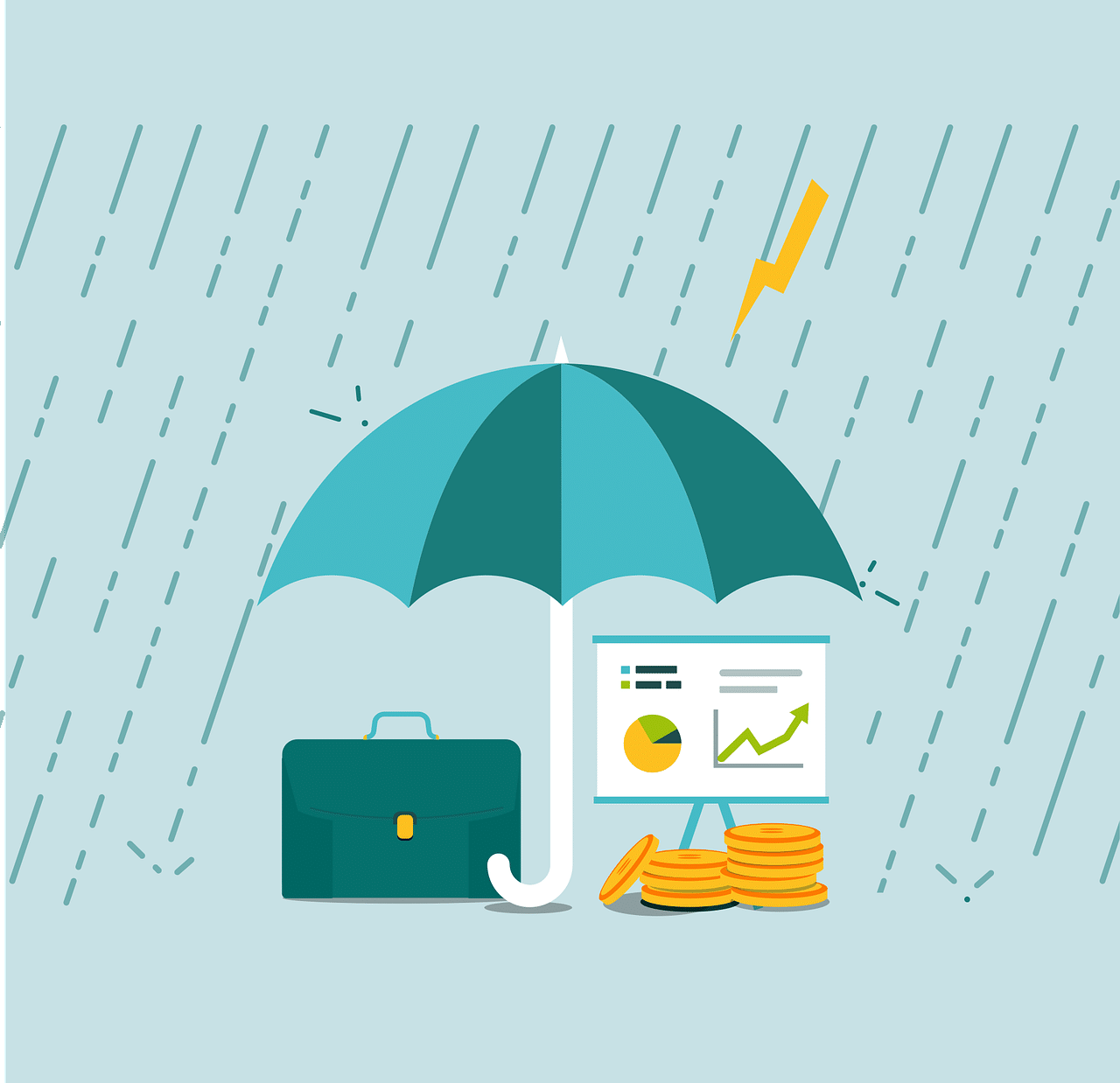
Economic cycles affect market risk.
Market risk is the probability that a company's assets will lose value . The market fluctuations that produce these modifications may be due to different factors.
It should be noted that the idea of risk refers to a threat or the imminent or concrete possibility of harm. As for the term market , it can refer to the set of activities and operations carried out freely by economic agents.
Characteristics of market risk
Market risk is associated with unforeseen events that can generate negative changes in the value of stocks, futures contracts and other assets . These are possibilities that, although they can be managed, cannot be avoided.
When an investor acquires an asset , he does so expecting that it will increase in value. However, there is always a chance (risk) that the value will decrease. In that case, the investor will not make profits, but will instead record losses .
Market risk, in short, is given by all the factors that affect the price of assets due to fluctuations associated above all with prices and consumption patterns . These factors can be combined in different ways, with effects that are difficult to predict.

Market risk management requires carrying out an analysis of possible scenarios.
Classification according to type
Market risks can be classified in various ways according to their characteristics:
- Volatility risk : Associated with the speed with which the value of an asset varies in a certain period of time. The greater the volatility of the market, the greater the risk. While the change may be positive (increase in price), there is a chance that it could be negative (fall in price).
- Product risk : It is linked to the price change of a product. When it comes to a commodity, we specifically talk about raw material risk . It should be taken into account that not only current fluctuations are considered, but also those that are expected in the short, medium or long term.
- Interest rate risk : There are assets that have their value tied to interest rates. In this case, the risk increases as the investment horizon extends.
- Exchange rate risk : They originate from the change in the balance in the price of two currencies.
- Equity risk : Related to the evolution of stock market indices. It is estimated from the difference between the expected valuation and the one that actually occurs.

A country's monetary policy has effects on market risk.
Market stability and risk
It is interesting to mention the existence of an economic indicator known as country risk . This index establishes a score for each nation that reflects how risky it is to invest in it.
The calculation of country risk is carried out based on the difference that exists in the interest that a State has to pay on its debt compared to the interest that the United States Federal Reserve bonds must pay. These bonds are considered to have the lowest risk, which is why they are taken as a reference point.
Beyond technical analysis, country risk reveals how trustworthy a country is for foreign investors. That territory that is going through a financial crisis or whose macroeconomy presents negative figures, has a high country risk. It is considered that, due to his situation, he could stop meeting his financial obligations. In other words, if an investor buys bonds from that country, they must face a high risk of default.
Analysis and evaluation
Before making an investment , it is always necessary to consider two basic issues: the possibility of a negative scenario occurring and the eventual cost of said situation. It is essential, therefore, to identify the risks, analyze them and finally evaluate them before making a decision .
The set of these actions is called risk management . As we already indicated, market risk cannot be avoided (it is impossible to bring its probability to 0), but its possible negative effects can be estimated and anticipated.
It must be taken into account that market risk falls within the so-called financial risks . This set also includes operational risk and liquidity risk, among others.
Examples of market risk
Let's take the case of a company that obtains a large part of its income from sales abroad. At a given moment, the exchange rate is favorable, so it is convenient for you to focus on exports. However, there is a possibility that the relationship between currency rates will change . That is why the company must consider the market risk associated with the exchange rate to avoid losing profitability .
Let's now think about a corporation that opens a branch in a nation with very high inflation . In this case, the entity will have to consider the development of its operations in a context with high interest rates . This reality cannot be ignored when defining operational policies and corporate strategy.
